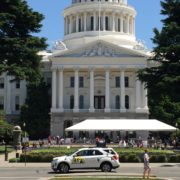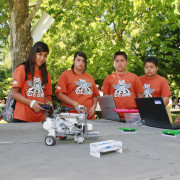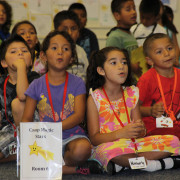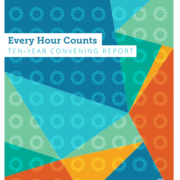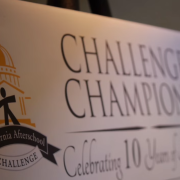CDE After School Video
Proposed Federal budget cuts threaten after school and summer programs in California. State Superintendent Tom Torlakson has forcefully opposed the budget cuts, and spoken out about the benefits of summer and after school programs. Recently, he visited a summer learning program at Robla Elementary School near Sacramento, to see the impact the program has on the local community, and highlight the importance of summer learning for California students.


